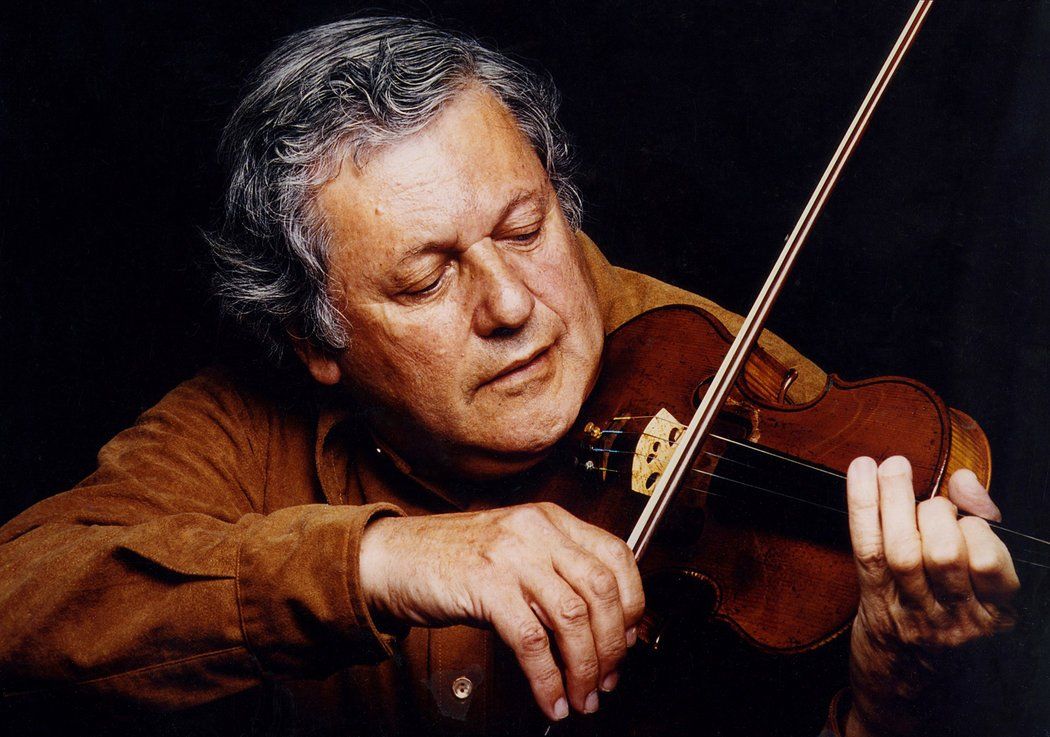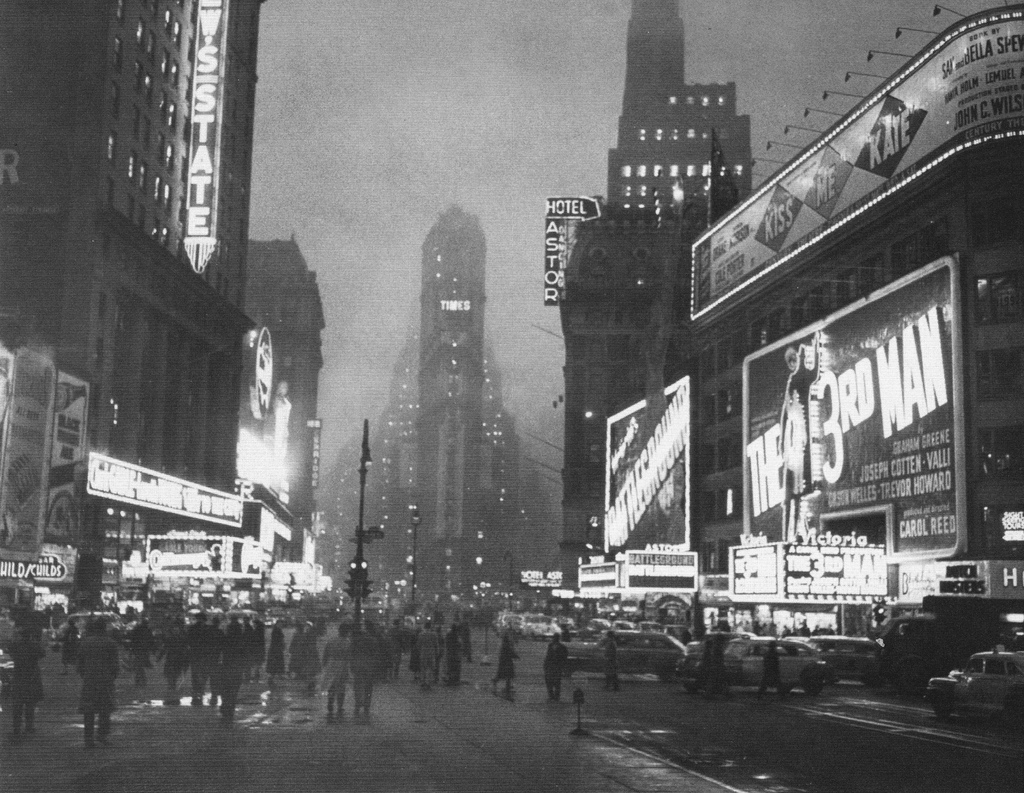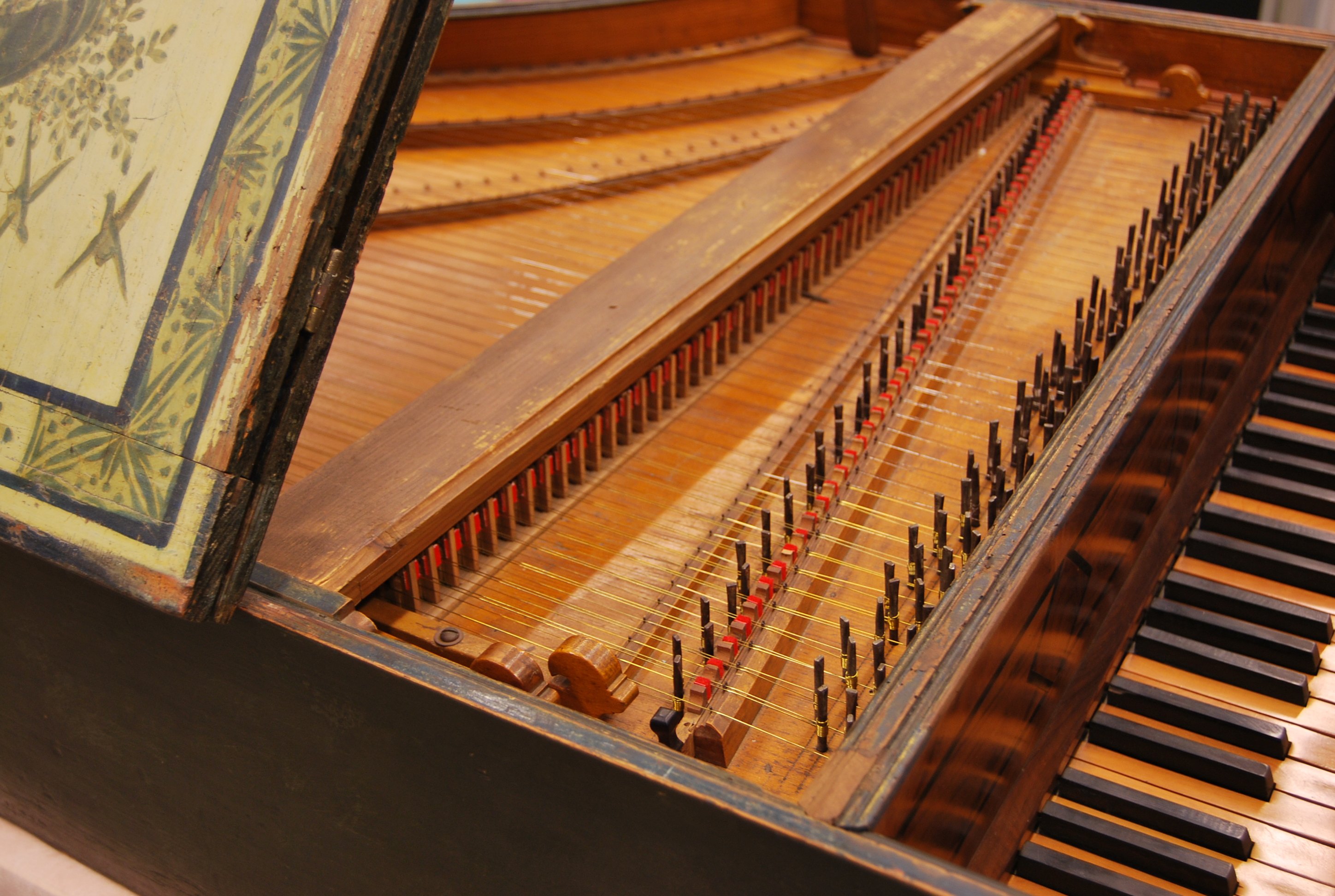Mahler’s Fourth Symphony: Heaven Through a Child’s Eyes
The Fourth occupies a unique place among Gustav Mahler’s nine symphonies. From its opening sleigh bells, it pulls us into a bright, exuberant drama- a song-symphony of occasional sardonic humor, frivolity, introspection, and ultimate innocence. Its instrumentation suggests a light, pared-down classicism in which the low brass voices of the trombones and tuba are conspicuously absent. It looks backwards as well as ahead. Mahler’s first four symphonies all grew out of song- in …







